Born in Millington, TN, a Navy Base. Googled the city. There’s a photo on the Wikipedia page of Woodstock Elementary, which flashed me back to being in the driveway that wraps around the school to a small white boy in glasses, on the back of a his mom’s bike in a baby seat, little boys, me among them, hurling epithets at him: “Hey Googly-Eyes” or “Four-Eyed-Freak!” Such is the tension in my now happy obsession with reading glasses: 20/20 otherwise, but let me say, that as I look back, his eyes point to the kind of man I like to see, now.
To Guam, over a few years, Military Zones, Officers, Blue Angels, and there, filling the scooped holes in the sand— a few beats away from the Mariana Trench—with liquid wax, sticking wicks in them, letting the “candles” cool with the class. Lunch: A Hamburger wrapped in Aluminum Foil, Ketchup.
Back to Millington. Playing in a tree house. My desire then, to climb up it, and to stare. Eat, boiled hotdogs. Up there, cicada shells. The trucks in the Tennessian Summer spout pesticides.
My mother upholstered the inside of a Ford Pinto station wagon, and we left for Alameda, CA. Slept at Rest Stops and Motels. Dad let us steer.
In California, I learned the body is made up of salt water, mostly, and I’d fish in the Bay, and I watched one Perch on a hook dance to its death.
Sacramento, one boy I know from high school was shot in the head, left dead near the river. Science, Beakers. Drove a Volkswagen Scirocco. Cal, Berkeley, the wagging tongue of a pervert wanting to meet in Dwinelle. His running shorts, see through.
Candy, my alter-ego from Jr. High to High School, even at home from college. Lots of Phone Sex—learned the ropes of a conceptual notion of race & being this way, to be an imagined girl, to get old men to fall in love with me, her, to get off, and to vanish from any direct history of the self by hanging up.
I am a fish and love to swim, do yoga, and play tennis—I sought and seek fluidity. NY, CA, NY, CA. I ricocheted for many years back and forth, lovers, love, DALLAS, still do, my partner, my love – we had a cat that we borrowed, until it died by a car hit. A film is being made about it in which I’m Pudgy. I try to keep the fat off and sweat a lot
In NY, in an M.F.A. program at New York University, late nights at S/M Clubs in the then-Meat Packing District, Street Tranny Queens, Banjee Boys, working on my earliest “real” poems, or the poetry as point of view—freak wants to suck cocaine off my cock in a Dungeon, waves of men. Hotel-Tea-Rooms, anywhere, but started a PhD at City University of New York Graduate Center, and finished it, in three states, over 13 years, on 20th Century and Contemporary Black Poetics, Poetry, and Visual Culture, and I am now, currently an Assistant Professor in the Department of Literature at the University of California, Santa Cruz.
Before that, I taught at Mount Holyoke College in MA. Six years of cutting my teeth, tone, and vision between the poem and the critical essay, led me to complete my poems and the life in which it all began to COLLECT—
My first book, winner of the Cave Canem Prize,
Narrative of the Life of the Brown Boy and the White Man (University of Pittsburgh Press, 2008), is a series of prose poems that captures the interrelationship of the two central characters, looking into their psyches and thoughts of race, class, and identity: Black, Asian, and Queer, who travels through dreams, city streets, gyms, porn theaters, beaches, ferries, familial memories and landscapes.
My second book,
Poems of the Black Object (2009), winner of the Thom Gunn Award in Gay Poetry and an Asian American Literary Award in Poetry, contains works that slip between poem and essay, theory and epistle, revealing even more ways back into the fluid world, offering ways to make even more elastic yet still sharply pointed questions around and through race, sexuality, and desire.
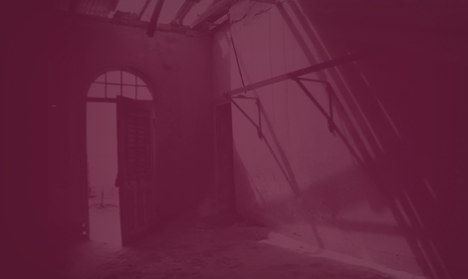
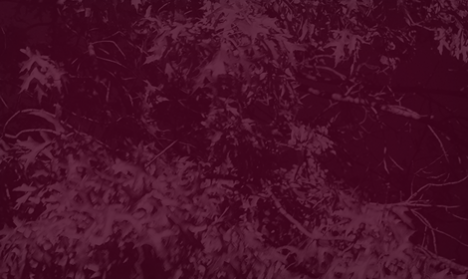
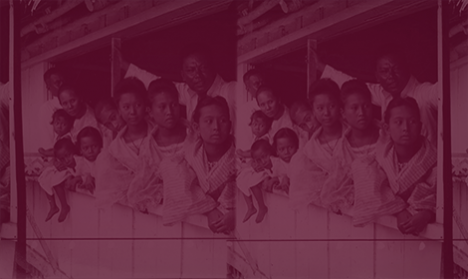
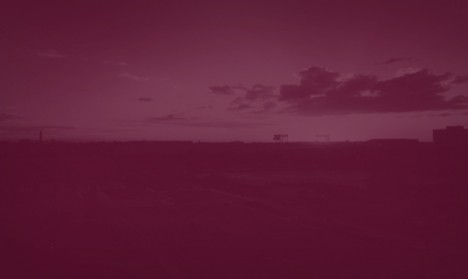
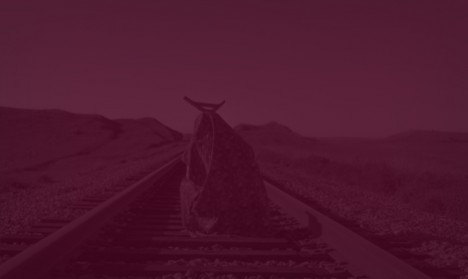
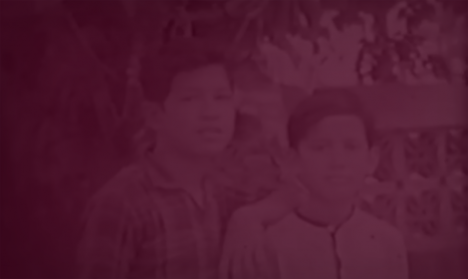
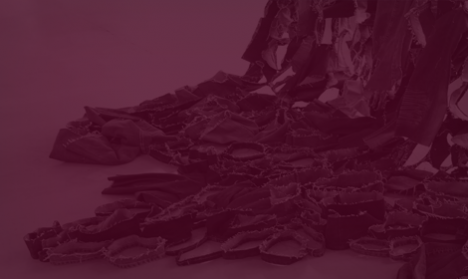
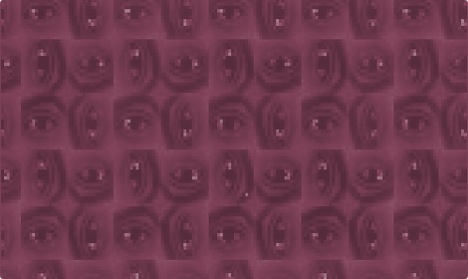
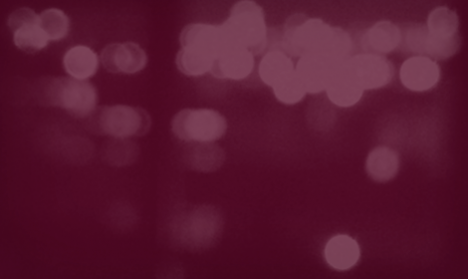
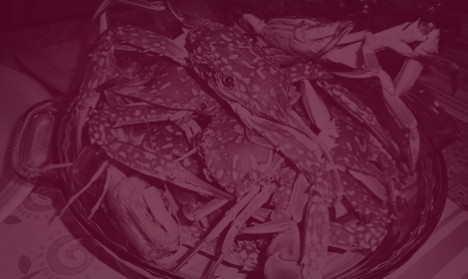
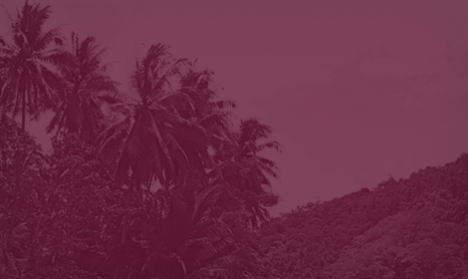

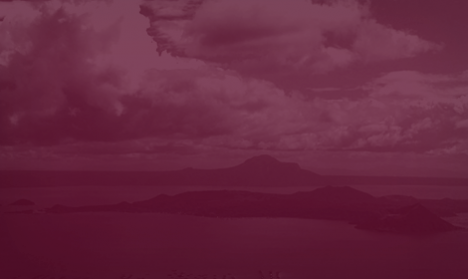
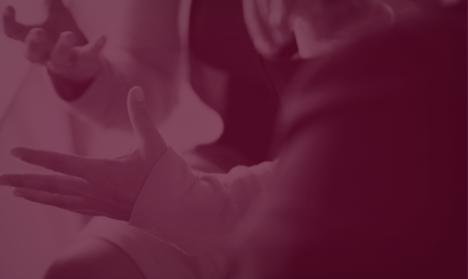
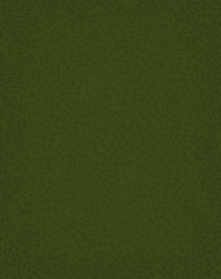
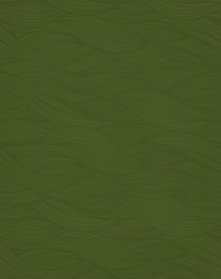
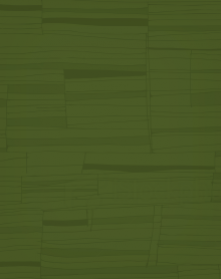
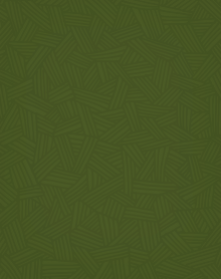
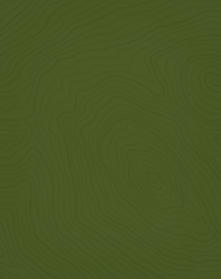
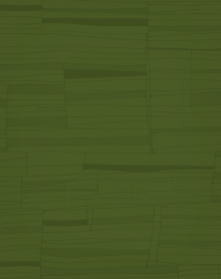
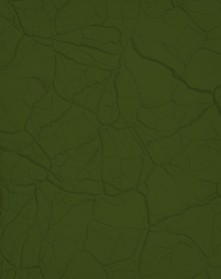
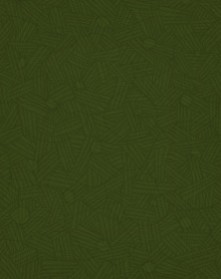
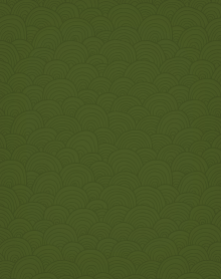
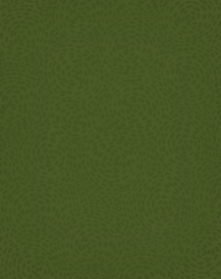
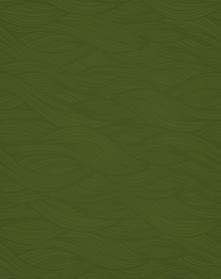
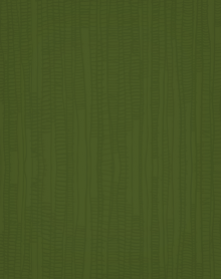
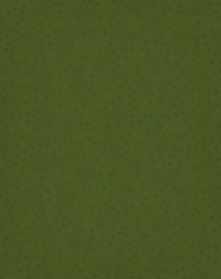
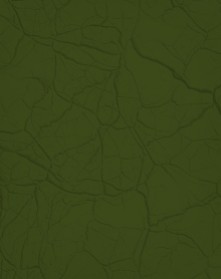
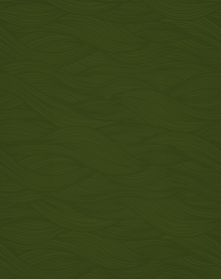
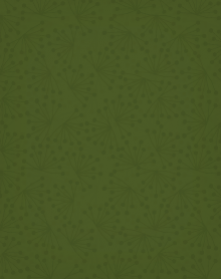
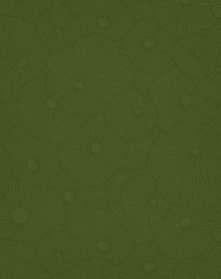
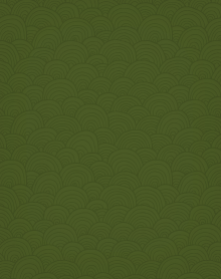
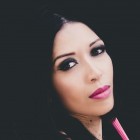
.jpg)
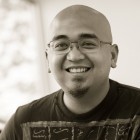
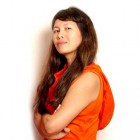
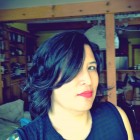
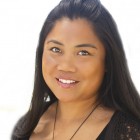
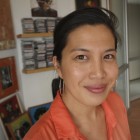
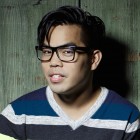
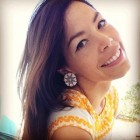
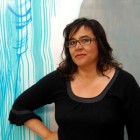
.jpg)
.jpg)
.jpg)

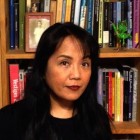
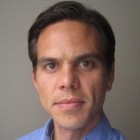
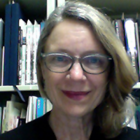
.jpg)
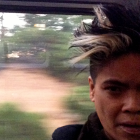
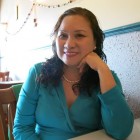
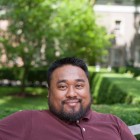
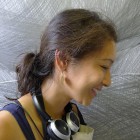

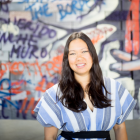
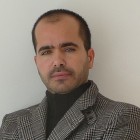
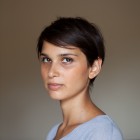
.jpg)
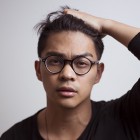
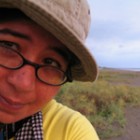
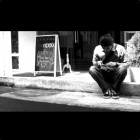
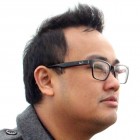
.jpg)

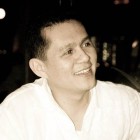
.jpg)
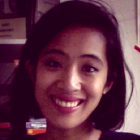
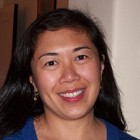
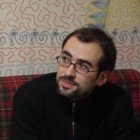
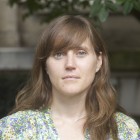
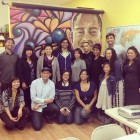
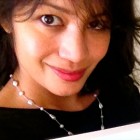
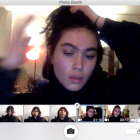
_Cropped.jpg)
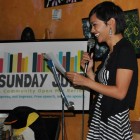
.jpg)
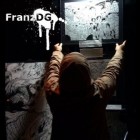
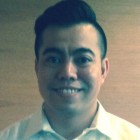
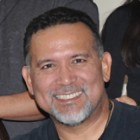
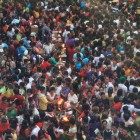

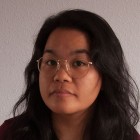
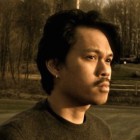
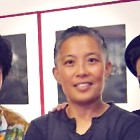
.jpg)
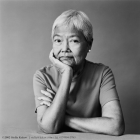
.jpg)
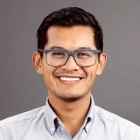
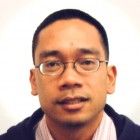
.jpg)
.jpg)
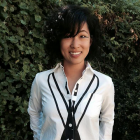
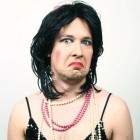
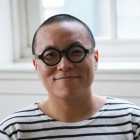
.jpg)
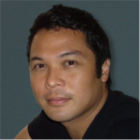

.jpg)
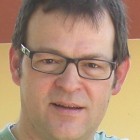
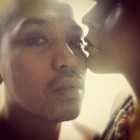

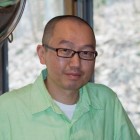
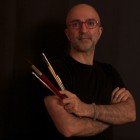
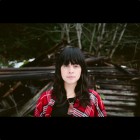
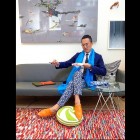
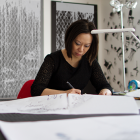
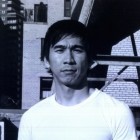
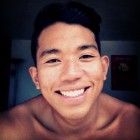
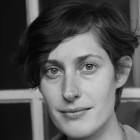
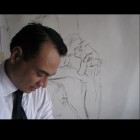
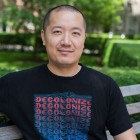
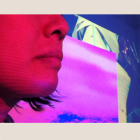
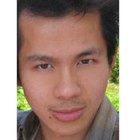
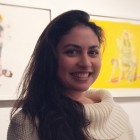
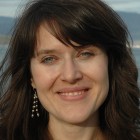
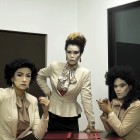
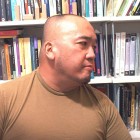
.jpg)
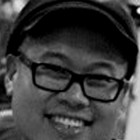
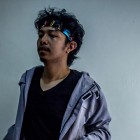
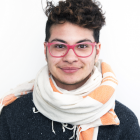
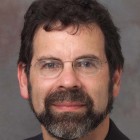
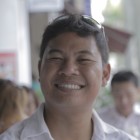

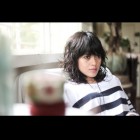
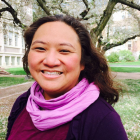
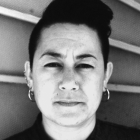
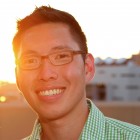
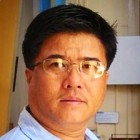
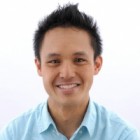
.png)
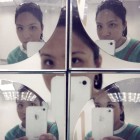
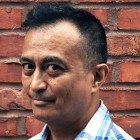
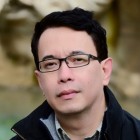
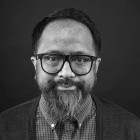

.jpg)
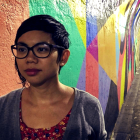
.jpg)
.jpg)
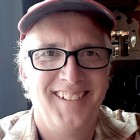
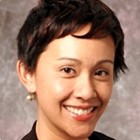
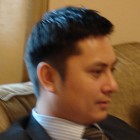
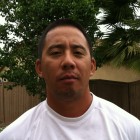
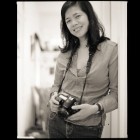
.jpg)
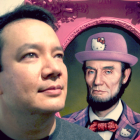
.jpg)
.jpg)
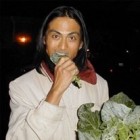
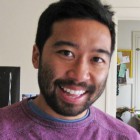

.jpg)
.jpg)
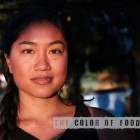
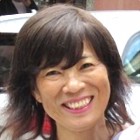
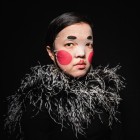
.jpg)
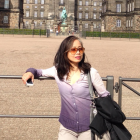
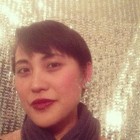
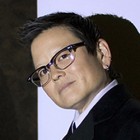
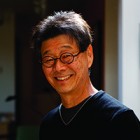
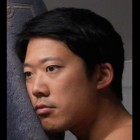
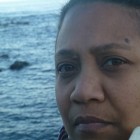
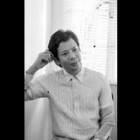
.jpg)
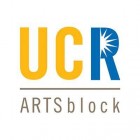
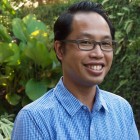
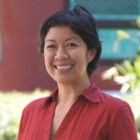
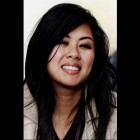
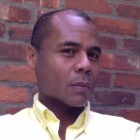
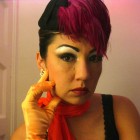

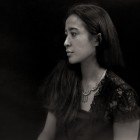
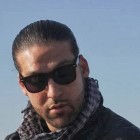
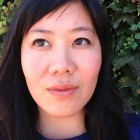

comments
X